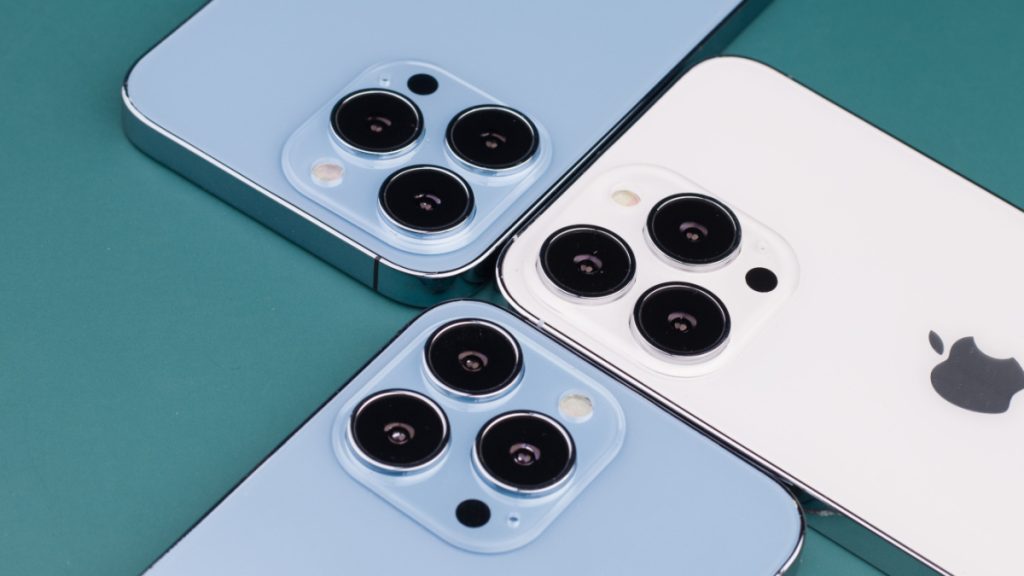
In 2007, Steve Jobs introduced the iPhone, characterizing it as a revolutionary product set to redefine the phone category and early sales. Fast forward twenty years and through 42 models, the iPhone has transformed into one of the world’s most favored phones, with Apple having sold over 2.3 billion units and boasting a user base exceeding 1.5 billion, as indicated by research from Demand Sage, as reported by CNBC.
The inaugural iPhone, initially exclusive to AT&T and priced at $499 in June 2007, faced initial skepticism. Gene Munster from Deepwater Asset recalled, “Investors were optimistic about Apple’s potential impact, but the early sales data from AT&T was disappointing, leading some to deem the product ‘dead on arrival.'”
In its first year, Apple sold 1.4 million iPhones, with 80% of sales occurring in the fourth quarter. Concurrently, Nokia, renowned for the iconic Nokia 3310, sold 7.4 million phones in the same quarter alone. Apple’s foray into the early sales in the market encountered doubts, with CNBC technology reporter Kif Leswing noting that Nokia was perceived as “unstoppable, unbeatable.”
A pivotal moment for Apple materialized in 2008 with the introduction of the App Store, igniting a technological revolution. This move positioned Apple ahead of competitors, enabling the iPhone to transcend conventional functions. Munster observed, “The App Store transformed your phone into much more than others foresaw.”
Post-App Store, iPhone early sales skyrocketed, achieving a significant milestone in 2011 with the iPhone 4S, which sold over 50 million units and contributed to a total of 72 million units sold that year. By 2015, annual iPhone sales exceeded 200 million units.
The iPhone not only set the industry standard but also propelled Apple to become the first publicly traded U.S. company with a market value exceeding $1 trillion, cementing its status as one of the world’s most lucrative companies. Recently, Apple surpassed Samsung as the leading global smartphone company, holding just over 20% of the market share, a position Samsung had maintained since 2010, stated International Data Corp according to the data.
Reflecting on Apple’s trajectory, Munster emphasized Apple’s prowess in building an ecosystem, stating, “From 2008 to 2015, Apple faced concerns about Samsung’s Android impact, but Apple’s strength lies in creating a product suite that disrupts the Samsung ecosystem.”
Inside Telecom provides you with an extensive list of content covering all aspects of the tech industry. Keep an eye on our Tech sections to stay informed and up-to-date with our daily articles.